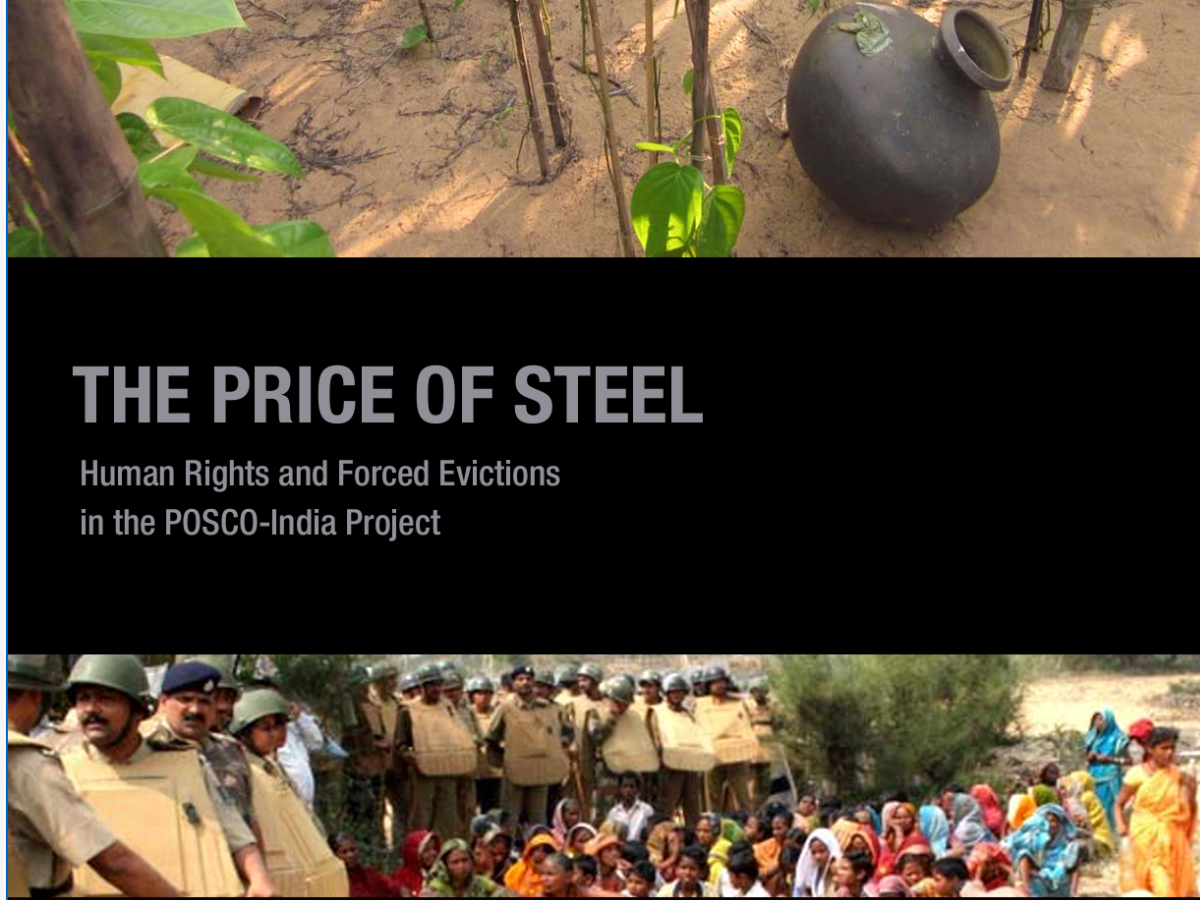The ESCR-Net Corporate Accountability Working Group advocates for stronger international standards to ensure that transnational corporations respect human rights. In 2005, the Working Group produced and widely disseminated the UN Human Rights Norms for Business: Briefing Kit, a practical resource to support education, organizing, and advocacy around corporate accountability.
The UN Norms, formally titled the Norms on the Responsibilities of Transnational Corporations and Other Business Enterprises with Regard to Human Rights, represent the first comprehensive international statement outlining the human rights obligations of companies. Although not legally binding, the UN Norms build on existing human rights frameworks and provide a shared reference point for communities, advocates, and governments alike.
Contents of the Briefing Kit
The Briefing Kit includes five concise information sheets:
- Information Sheet 1: Why We Need the UN Human Rights Norms for Business
- Information Sheet 2: History of the Efforts in Support of the UN Norms
- Information Sheet 3: Key Recommendations in Support of the UN Norms
- Information Sheet 4: How to Take Action in Support of the UN Norms
- Information Sheet 5: Further Resources on the UN Norms
The kit also includes five case studies that document corporate human rights abuses and show how the UN Norms can serve as a tool for justice:
- Brazil – The Candonga Dam: Explores the displacement and destruction caused by the Candonga hydroelectric project, carried out by Vale do Rio Doce and Alcan. (Prepared by Global Justice Center)
- India – Bhopal Disaster: Documents the 1984 gas leak caused by Union Carbide Corporation (now part of Dow Chemical) and the ongoing struggles of affected communities. (Prepared by Amnesty International)
- Philippines – Marinduque Mine: Examines the environmental and health impacts of toxic waste dumping by Placer Dome. (Prepared by Oxfam Community Aid Abroad)
- Nigeria – Shell in the Rukpokwu Community: Describes oil spills and environmental degradation from Shell operations in Rivers State. (Prepared by Amnesty International)
- Occupied Palestinian Territories – Caterpillar Bulldozers: Details how Caterpillar equipment was used to demolish homes, raising questions of corporate complicity. (Prepared by Human Rights Watch)
Two thematic appendices offer additional analysis:
- Appendix 1: Engendering the UN Human Rights Norms for Business (WEDO)
- Appendix 2: Environment, Communities, and the UN Norms (CEDHA)
Contributors
This resource was compiled by the International Network for Economic, Social and Cultural Rights (ESCR-Net) in collaboration with:
- Justiça Global – Global Justice Center (Brazil)
- Centro de Derechos Humanos y Medio Ambiente – CEDHA (Argentina)
- Women’s Environment and Development Organization (WEDO)
- Rights and Accountability in Development (RAID)
- Amnesty International
- Oxfam Community Aid Abroad (Australia)
- FORUM Menschenrechte (Germany)
Additional thanks to the Movement for the Survival of the Ogoni People (MOSOP, Nigeria), Habitat International Coalition – Housing and Land Rights Network (Egypt), and Human Rights Watch for contributing documentation and analysis.
Why it still matters
The UN Norms provide a valuable framework for holding corporations accountable and advancing human rights globally. They offer:
- A shared international standard for corporate behavior
- A tool for documentation, legal analysis, and advocacy
- A basis for community resistance and systemic reform

